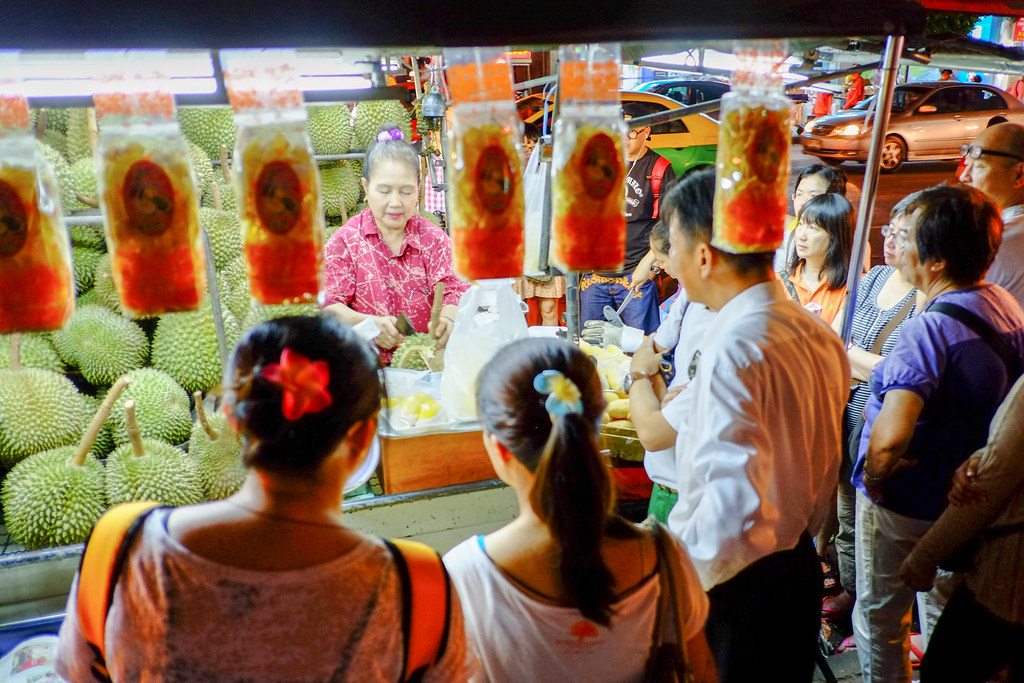Since the Regional Comprehensive Economic Partnership (RCEP) came into force on 1 January, exporting has undoubtedly become easier for ASEAN countries. The recent boom in durian sales in China offers important insights into the sustainability of the agreement and the challenges of establishing a free trade area with a market as big as China's.
The RCEP currently accounts for 30% of the world's GDP and is the world's largest trading bloc. For the ten ASEAN economies, joining the agreement has been a major boost to the export of their products. Alongside the almost complete dismantling of tariff barriers, the faster customs clearance of perishable goods is a big advantage when freshness is essential to ensure the high quality and competitiveness of the product. This is the case with durian, which has become the most imported fruit in China, both in terms of volume and value.
According to Chinese customs statistics, fresh durian imports reached 821,600 tonnes in 2021, totalling USD 4,205 billion, registering significant increases compared to previous years. Compared to 2017, imports of the 'king of fruits' grew fourfold and a further acceleration in sales is expected this year.
Although costs have reduced following the entry into force of the RCEP, this has not impacted prices, which continue to rise in parallel with the surge in demand for the product by Chinese consumers. To date, a durian generally costs more than USD 7 per piece, but the high price has not stopped demand in supermarkets and the spread of durian dishes such as cakes, durian milk crepes and even durian hotpots, enthusiastically reviewed by consumers on Chinese social media and popular in upscale restaurants.
In response, South-East Asian producing countries are expanding their production capacity. From 2019 to 2021 alone, Thailand has increased its durian production by about 30 per cent. "China's imports are already high, but China's per capita consumption is expected to grow further. Thai farmers are highly motivated to expand production", an official of the Thai embassy in China explained to Nikkei.
Malaysia is deforesting part of its tropical rainforests to make room for plantations of 'Musang King' durian, the most prized and fashionable variety, not without causing irreversible consequences on the ecosystem and local communities, according to some experts. A joint statement signed by thirty-six civil society organisations and promoted by the environmental group B.E.A.CC..H identifies deforestation as the main cause of the recent floods in the Gunung Inas area, Baling district, which swept through 42 villages and residential areas, affecting 1,500 villagers and causing the loss of three lives. Laos and Vietnam are also receiving increasing flows of large-scale investment, including from the Chinese side, for the expansion of durian cultivation.
The shared fear is that the fashion for durian in China may one day wane, or that Beijing may use import restriction measures as a diplomatic tool, as it did last March with the ban on Taiwanese pineapple imports. In other words, China's inclusion in the main regional economic integration platform, in the name of greater trade and investment cooperation, seemed desirable in the eyes of many. On the other hand, there is a risk that this could increase the economic dependence of ASEAN countries on China, leaving room for sudden disruptions, even in the currently most profitable market niches, such as that of durian.






